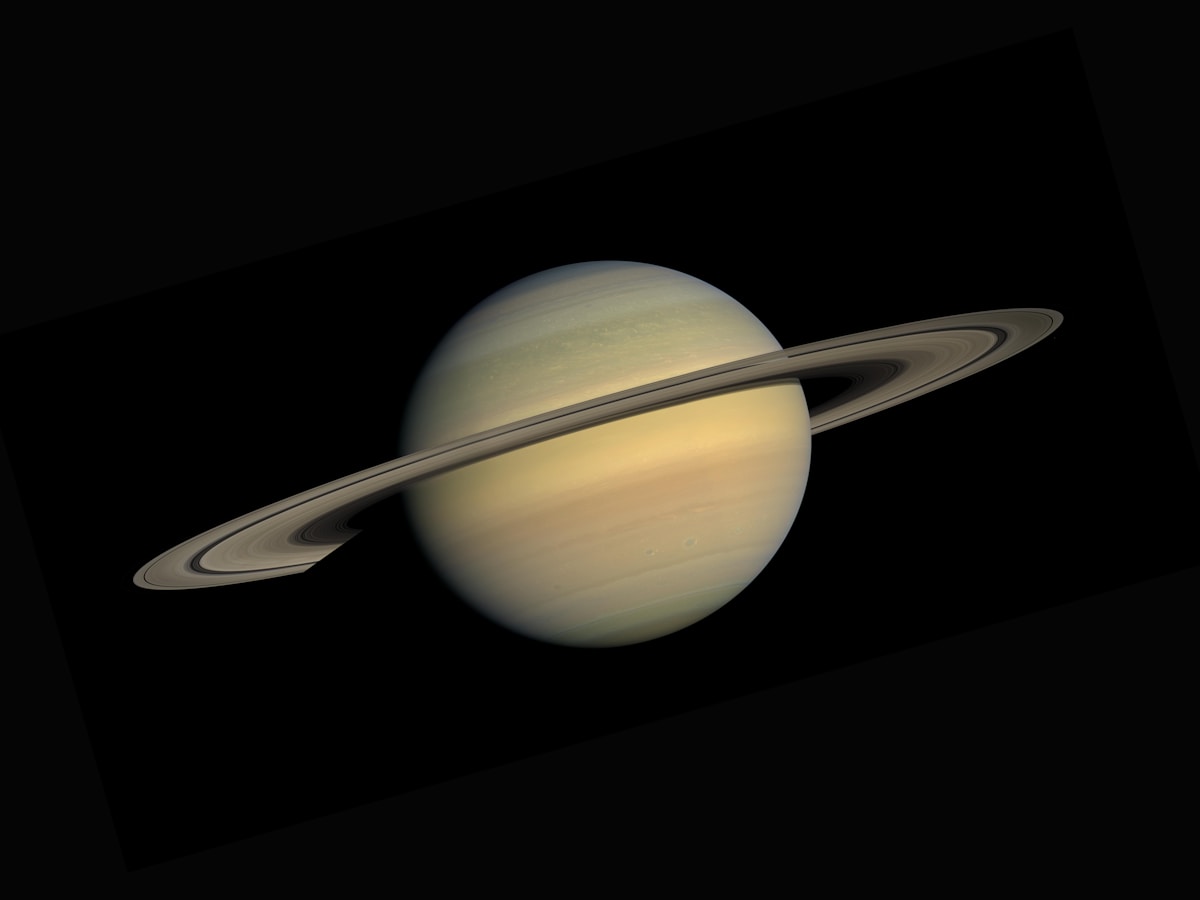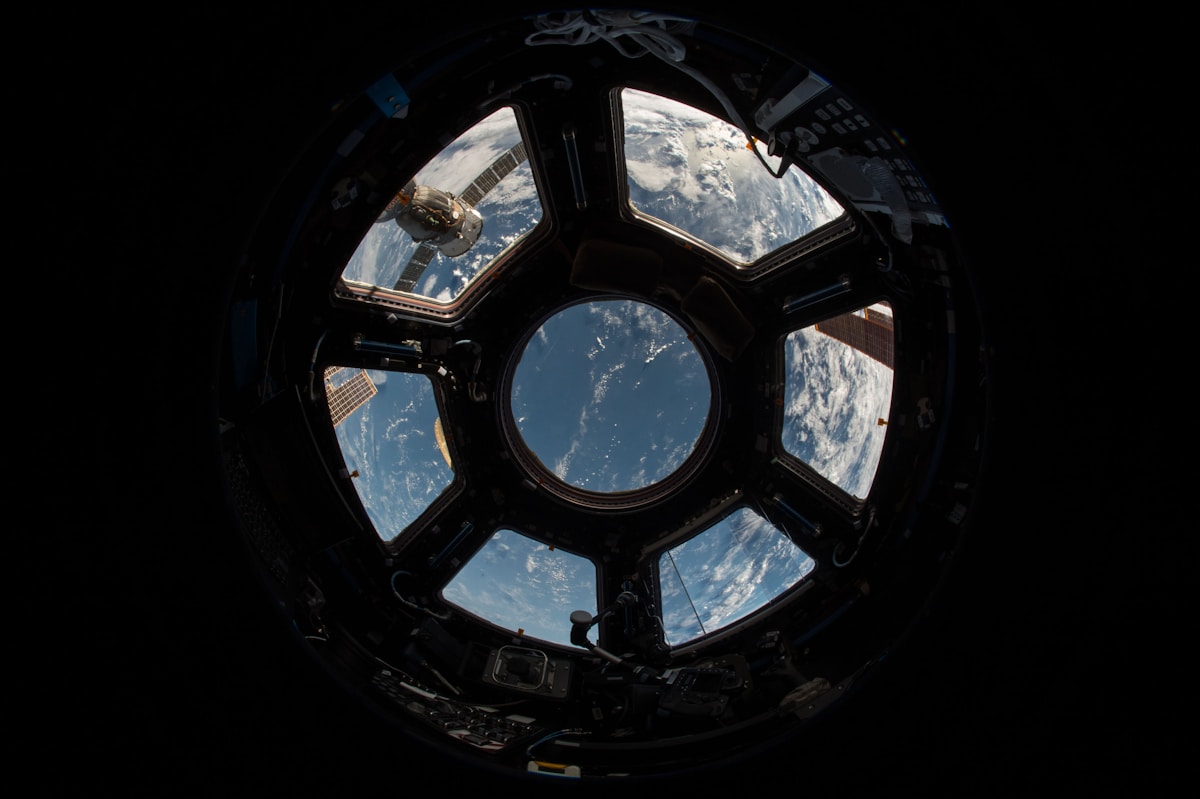Ambrosia Sky just launched on Steam and Epic Games Store, and it’s not what you expect. The trailers made it look like PowerWash Simulator in space, which honestly sounds great on its own. But indie studio Soft Rains created something far more ambitious and emotionally complex. This is a game about cleaning alien fungi off a dead space colony while confronting mortality, processing grief, and treating every corpse you encounter with dignity. It’s meditative and melancholy, action-packed and philosophical, and it comes from a team that deliberately chose to make something risky instead of safe.
Act One launched November 10 for PC with a 15% launch discount, giving players the first chapter of a three-act episodic story. Acts Two and Three arrive sometime in 2026, though Soft Rains hasn’t committed to specific dates yet. This episodic structure reflects the reality of small indie studios self-publishing ambitious projects, they need revenue from early acts to fund completing later ones. But based on what reviewers have played so far, Act One delivers a complete, satisfying experience that justifies the wait for what comes next.
What Actually Is Ambrosia Sky
You play as Scarab Dalia, a field scientist working in the outer rings of Saturn. Her official mission involves researching human immortality, which is appropriately ironic given the circumstances. An alien fungus outbreak has killed everyone in the farming colony she’s investigating, and now she’s tasked with cleaning up the contamination while figuring out what happened.
The cleaning mechanics borrow heavily from PowerWash Simulator’s satisfying spray-and-watch-dirt-disappear gameplay loop. You’ve got a chemical sprayer that removes fungal growth, revealing clean surfaces underneath. But Ambrosia Sky adds complexity through systems-driven gameplay borrowed from immersive sims like Deus Ex or Dishonored.
Different fungus species have unique behaviors and threats. Electric fungi feeding on power sources will shock you if you get too close. Flame varieties can detonate if you’re not careful. Some species regrow if you don’t fully eliminate them. You can harvest fruit from fungi to craft upgrades like conductive foam that forms electrical conduits, or ammunition for your tether tool that lets you navigate zero-gravity environments and turn objects into deadly projectiles.
This isn’t mindless cleaning. You’re analyzing each fungus species, learning their patterns, figuring out the safest approach to eliminate threats while collecting resources. The colony actively tries to kill you through aggressive creatures, gravitational anomalies, and environmental hazards. It’s PowerWash Simulator meets Dead Space, basically.
The Death and Grief Angle
Here’s what makes Ambrosia Sky special beyond its mechanical hooks. The game’s narrative director, Kait Tremblay, previously wrote A Mortician’s Tale, an indie game about running a funeral home that treats death with unusual care and respect. That same philosophy permeates Ambrosia Sky.
Most games treat corpses as environmental decoration or loot containers. You walk past dead bodies without a second thought because they’re just part of the scenery. Ambrosia Sky deliberately rejects that casual relationship with mortality. Every person who died in this colony had a story. As you explore and piece together what happened, you’re not just cleaning up a mess. You’re giving the deceased proper respect and helping Dalia process her own complicated relationship with this place.
The trailer emphasizes this theme explicitly. We help people face death with a little bit more hope, a character says. All we have is our love for each other, even in death. Dalia left this colony before the outbreak, and now she’s returned to confront both the literal contamination and her emotional baggage about leaving in the first place.
It’s heavy stuff for a game that looks bright and colorful in screenshots. But that tonal contrast is intentional. Creative director Ian Burgess told Game File that the team wanted to turn on its head the way we treat the casual consequences of gameplay. We’re really trying to treat every corpse with respect.
The Team Behind It
Soft Rains is a Toronto-based indie studio formed by developers who worked on massive AAA titles including The Elder Scrolls 5 Skyrim, Fallout 3 and 4, Valorant, and Watch Dogs Legion. These aren’t inexperienced creators fumbling through their first project. They’re industry veterans who left stable positions to make something personal and weird.
That pedigree shows in the production quality. Ambrosia Sky runs surprisingly well even on Steam Deck despite its complex simulation systems. The art direction creates vibrant environments that feel alien yet lived-in. The fungi look beautiful and disgusting simultaneously. And the narrative implementation blends environmental storytelling with more direct character moments in ways that feel earned rather than forced.
Blackbird Interactive, the studio behind Homeworld 3 and Hardspace Shipbreaker, provided support during development. That partnership gave Soft Rains access to expertise and resources that most small indie teams lack.
Why They Made Something Risky
During an interview at Summer Game Fest, Burgess admitted Ambrosia Sky isn’t an easy sell. It’s single-player in an era dominated by live service multiplayer. It’s about death and grief, which isn’t exactly mass-market friendly. It’s not violent enough for action fans or cozy enough for the cottagecore crowd. Publishers weren’t rushing to fund this project.
But Burgess believes being forgettable is a greater existential risk than being too weird. In this climate, there’s so many great games and so much difficulty for developers that I think the greater existential risk is to be forgettable, to be just another gun aimed at the same target, he explained.
That philosophy guided every decision. Instead of making a safe game targeting proven demographics, Soft Rains created something specific to their team’s interests and capabilities. They wanted a cleaning game with immersive sim depth. They wanted a space setting that felt melancholic rather than action-heroic. They wanted mortality treated seriously rather than casually.
The Episodic Structure Question
Originally, Ambrosia Sky was announced as a full game. The shift to three acts releasing separately came later, announced in October just weeks before Act One’s November launch. That timing raised understandable questions about whether the game was complete or if development issues forced the episodic approach.
Soft Rains addressed this directly in statements to Polygon. The episodic format aligns well with the game’s unique narrative design, the requirements of our small production team, and our goals for self-publishing, they explained. Act One is fully-developed, complete in features, and uncompromised in both narrative and gameplay.
Translation: they’re a small team self-publishing without major financial backing. Releasing Act One generates revenue that funds completing Acts Two and Three. It’s honest about the realities of indie development rather than pretending everything was always planned this way.
The good news is that reviews of Act One confirm it feels complete. CGMagazine and other outlets praised it as a satisfying first chapter rather than an incomplete experience that ends abruptly. Players get closure on immediate plot threads while setup for future acts remains compelling rather than frustrating.
How Long Is Act One
Soft Rains hasn’t disclosed exact playtime, but early reviews suggest Act One provides several hours of content depending on how thoroughly you explore and engage with optional objectives. The game features replayable mission types with different configurations, adding longevity beyond a single playthrough.
For $20.25 during the launch discount window, that’s reasonable value especially considering you’re supporting a small indie team making something genuinely different. The full price after discount ends is $23.99, which positions it as a budget-conscious purchase rather than a AAA investment.
Should You Play It Now or Wait
This depends on your tolerance for episodic releases. If you hate starting stories without knowing when they’ll conclude, waiting until all three acts release in 2026 makes sense. You’ll get the complete experience without gaps interrupting narrative momentum.
But if you want to support ambitious indie development and don’t mind waiting between acts, jumping in now helps Soft Rains fund completing the project. Your purchase directly enables Acts Two and Three to exist. Plus, experiencing Act One while the community is actively discussing theories and discoveries creates a shared experience that’s harder to replicate playing alone months later.
There’s also a free demo available on Steam if you want to try before committing. The demo includes enough content to understand whether Ambrosia Sky’s unique blend of mechanics and themes resonates with you.
FAQs
When did Ambrosia Sky Act One release?
Ambrosia Sky Act One launched November 10, 2025 on PC via Steam and Epic Games Store with a 15% launch discount pricing it at $20.25.
When do Acts Two and Three release?
Soft Rains has confirmed Acts Two and Three will release sometime in 2026 but hasn’t provided specific dates yet. They plan to share a roadmap detailing 2026 release plans soon.
What is Ambrosia Sky about?
Ambrosia Sky is a first-person action game combining PowerWash Simulator-style cleaning mechanics with immersive sim systems and a narrative about death, grief, and processing loss. You play as scientist Dalia cleaning alien fungus from a space colony where everyone died.
Who made Ambrosia Sky?
Soft Rains, a Toronto-based indie studio formed by developers who previously worked on Skyrim, Fallout 3 and 4, Valorant, and Watch Dogs Legion. Blackbird Interactive provided development support.
Is there a demo available?
Yes, a free demo is available on Steam that provides a substantial preview of Act One’s gameplay and narrative approach.
Can I play Ambrosia Sky on Steam Deck?
Yes, reviewers have confirmed the game runs well on Steam Deck despite its complex simulation systems, though it looks more impressive on more powerful hardware.
Why is it episodic instead of one complete game?
Soft Rains is a small indie team self-publishing without major financial backing. The episodic structure lets them release Act One to generate revenue that funds completing Acts Two and Three while providing players a complete first chapter.
Conclusion
Ambrosia Sky Act One is exactly the kind of weird, ambitious indie game that makes the industry interesting. It’s not trying to be the next Fortnite or Call of Duty. It’s not chasing trends or targeting the widest possible demographic. It’s a team of veterans making something specific to their interests and trusting that enough players will appreciate the vision to sustain development.
The combination of satisfying cleaning mechanics, systems-driven gameplay, and genuinely thoughtful exploration of mortality creates an experience that stands apart from everything else releasing right now. Whether you’re drawn to the PowerWash Simulator comparison, the immersive sim depth, or the narrative themes about grief and respect for the dead, Act One delivers on its promises.
The episodic structure is a gamble, but it’s also transparent about the realities of indie development. Soft Rains isn’t pretending to have unlimited resources. They’re releasing what they’ve completed while working to finish the rest. If Act One sells well, Acts Two and Three get made. If it doesn’t, at least players got a complete first chapter rather than a canceled project that never saw release.
For $20 during the launch discount, Ambrosia Sky Act One offers a unique blend of genres and themes that you won’t find anywhere else. It’s meditative and tense, beautiful and melancholy, respectful and strange. And in a year full of sequels, remakes, and safe bets, that kind of creative risk-taking deserves support.



